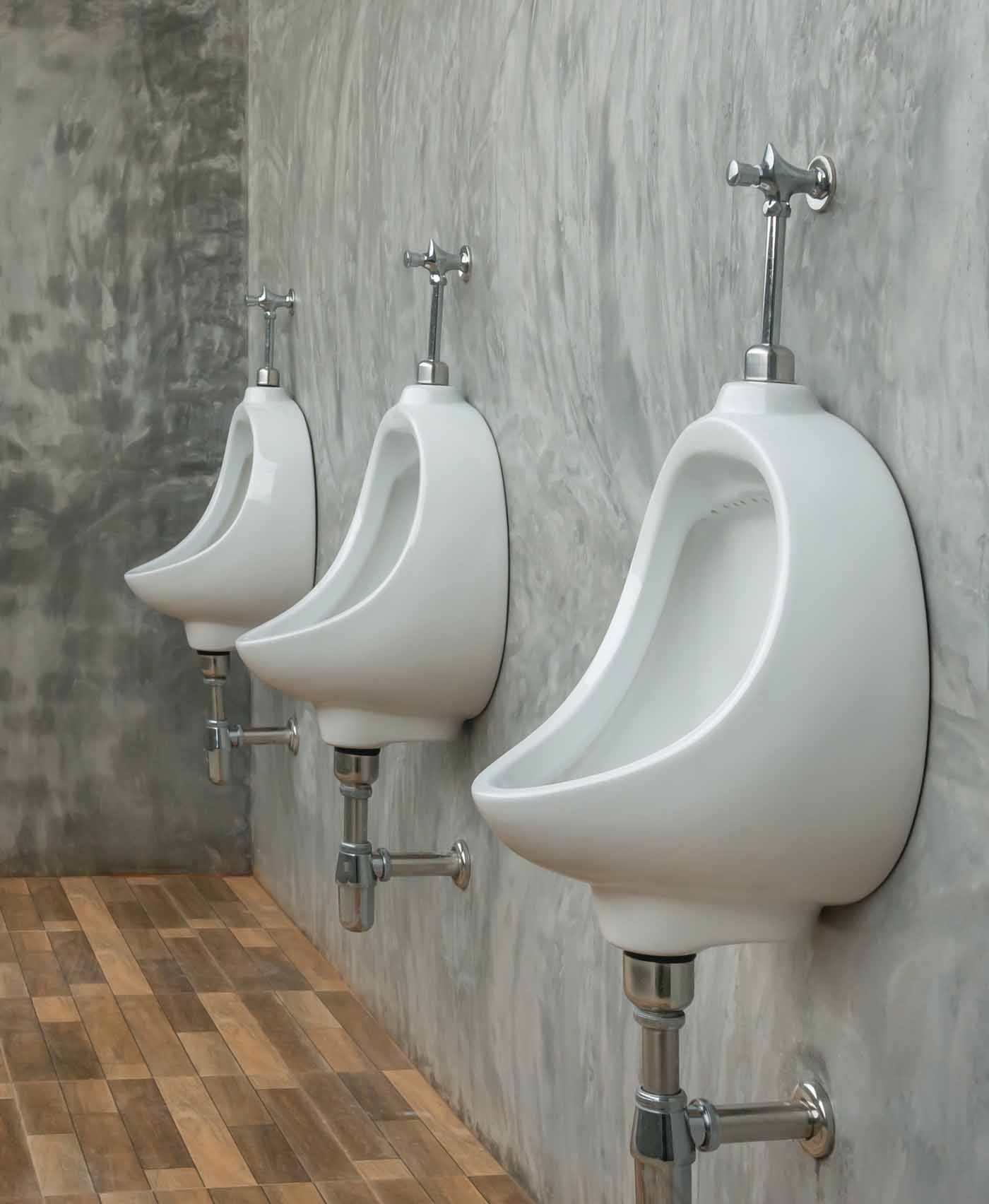Zaventem Airport in Brussels had a problem. A survey of travelers revealed that, for all its modern amenities as a major international transit hub, the airport had a reputation for being, in a word, stinky. Survey respondents said the restrooms in the facility seemed unclean and that the whole place just seemed to smell bad, especially during times of peak traffic. Complicating matters, the solution wasn’t especially obvious. With so many bodies passing through day in and day out—often carrying traveler’s luggage and wearing clothes that might not be the freshest—the job of making a smelly bathroom smell nice isn’t as simple as maintaining clean facilities.
“Most Americans say that a messy restroom signifies poor management and shows the business doesn’t care about its appearance or its customers.”
“79% of survey respondents listed bad smells as a restroom aggravation.”
– Bradley Corporation, 2016; Building Design and Construction Magazine, 2017
For airport management this was no small problem. It meant any visitors flying into Brussels were likely to be greeted by a smelly bathroom on their way into the city, and people flying out had to wade through the same odor—not the first, or last, impression anyone wants to make. It also meant every shop and cafe in the airport catering to travelers—would-be shoppers with time to fill and perhaps money to spend as they waited on flights—had to contend with an unpleasant odor.
70% of Americans say they have made a conscious effort to select a specific business because it has restrooms that are cleaner and better maintained.
Why do customers respond to scent?
The sense of smell connects directly to the limbic system, the area of the brain that controls our most basic emotions and impulses like pleasure, anger, and fear. Smells bypass the rational brain, and thus can subtly influence us in powerful ways, forming strong emotional associations of which we might not even be aware. This is why a scent in the breeze will occasionally trigger a strong emotion or memory, though you might not be able to put your finger on what exactly that memory is.
This deep emotional connection with scent leads people to associate attributes to certain smells that are seemingly unrelated. Respondents in one study, for instance, rated a hypothetical person who smelled of pine as more successful, intelligent, sociable, and attractive than one who smelled of lemon. If your restrooms have an unpleasant smell, your customers will associate this negative scent with a negative view of your brand.
Brands looking to form positive impressions and create lasting memories about their brand cannot ignore the sense of smell.
For customers, every interaction with a brand forms their impressions of that brand. Simply walking into a retail store, hotel lobby, or even airport bathroom is an interaction with your brand, and often our noses will decide immediately whether or not our impression is a positive one.
Research has proven that pleasant scents can generate positive feelings and memories about a brand. In the same way, unpleasant smells create negative impressions and memories of brands. Thus, brands looking to form positive impressions and create lasting memories about their brand cannot ignore the sense of smell.
Solving the smelly bathroom problem
Prolitec’s Genie can replace up to 10 traditional air fresheners.
To solve its problem, Zaventem installed Prolitec’s Genie bathroom odor eliminator in restrooms and baggage claim areas, which neutralizes unpleasant odors while providing a fresh lavender scent throughout the space.
For Zaventem, Prolitec’s Genie bathroom odor eliminator had an instant effect. The smelly bathrooms now had a fresh, clean scent.
The result? Travelers report that the restrooms must have been cleaned recently.
That’s the right impression to make on busy travelers.
Find out how scent can elevate your travelers’ experience today!

